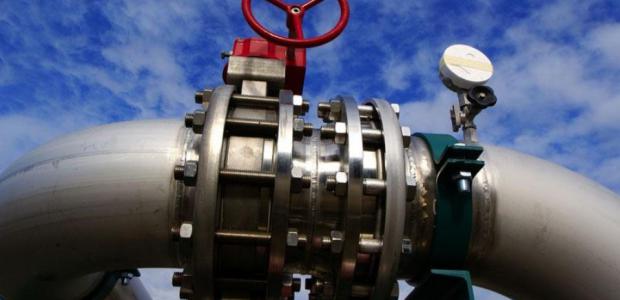Today’s scheduled signing session concerning a final investment plan for the IGB natural gas pipeline, to interconnect the Greek and Bulgarian systems, has been postponed, local officials were informed yesterday, as certain issues, allegedly technical according to Bulgarian sources, remain unresolved in Sofia.
Meanwhile, the postponement has coincided with a visit to Bulgaria by Amos Hochstein, the US Department of State’s Acting Special Envoy and Coordinator for International Energy Affairs. The American diplomat had recently angered Greek officials by noting that Greece’s interest to participate in Turkish Stream – Russia’s latest proposal for natural gas supply to Europe from the south, via a pipeline running through the Greek-Turkish border area – makes the country part of the problem.
Such remarks, combined with latest information, according to which the IGB investment plan deal’s signing will be delayed for after a business forum in Russia – during which an IGB date may be set – create a foggy picture concerning regional energy strategies and their political undercurrents.
The IGB project’s development is of pivotal importance to the Southern Corridor and the TAP (Trans-Adriatic Pipeline) project, which will supply Azeri natural gas to Europe, via Greece.
Greek officials plan to sign a memorandum of understanding as well as a political declaration in support of Russia’s Turkish Stream project next week, in St Petersburg. Meanwhile, Russian officials appear to have acknowledged the emergence of additional obstacles in a number of Balkan countries, whose territory would be crossed by the Turkish Stream project. The Former Yugoslav Republic of Macedonia (Fyrom) and Serbia are two trouble spots, which, for the time being, seem to be blocking the plan.
As for the IGB project, being promoted for swift development by Greek officials but being slowed down by Bulgarian delays, it appears not only to be encountering technical issues but ones tinged with political concerns as well.
Certain sector authorities believe a balancing game fueled by political maneuverings is currently at play. The US has already openly expressed its opposition to Turkish Stream, while, adopting a less direct approach, the EU appears hesitant at best.





